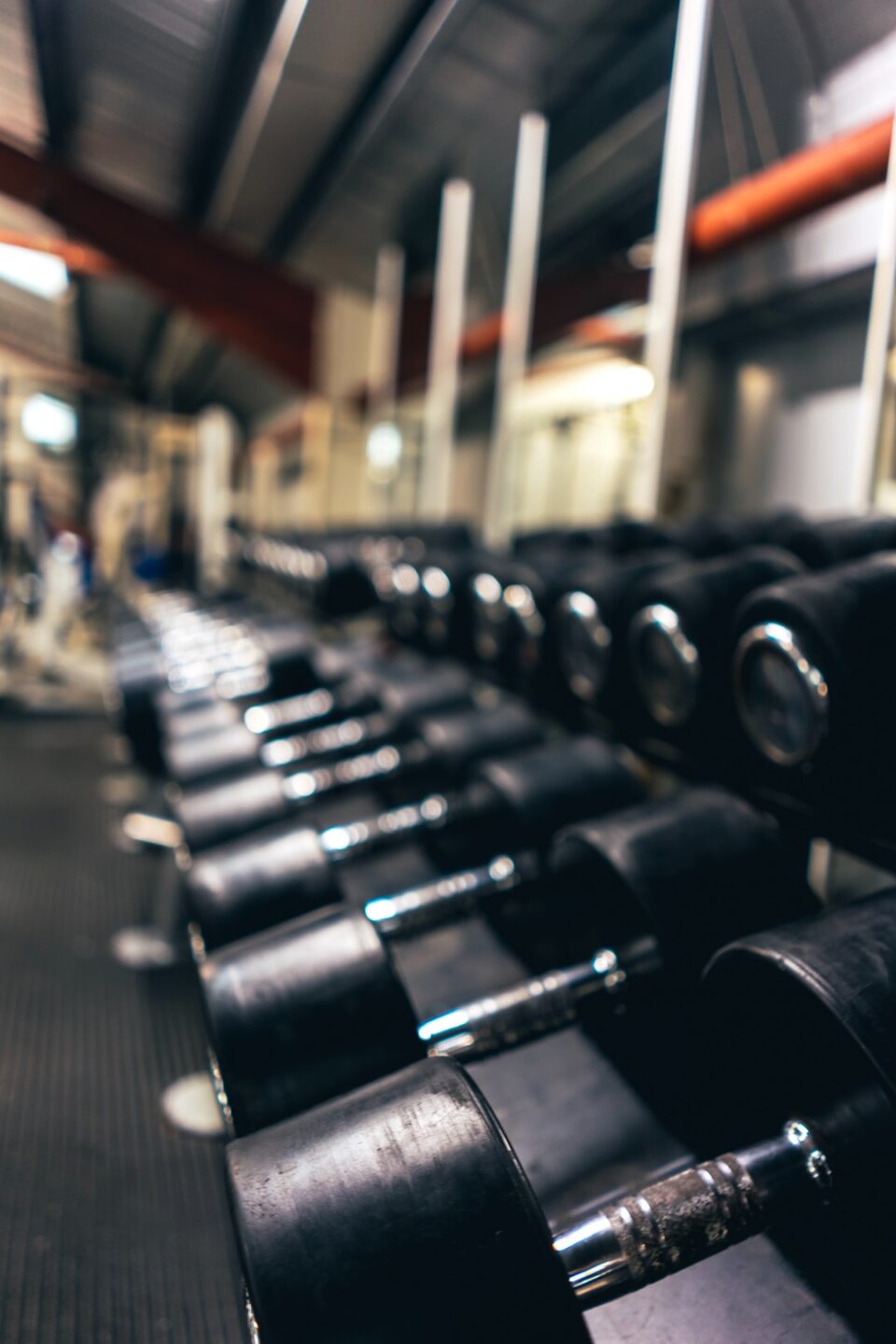The Importance of Hydration for Athletes
As a Personal Trainer, one of the most crucial aspects of ensuring your clients’ fitness and overall performance is proper hydration. Hydration plays a pivotal role in athletic performance, and neglecting it can have detrimental effects on an athlete’s physical and mental abilities.
During intense physical activity, the body sweats to cool itself down. Sweat contains water and electrolytes, which are essential for maintaining various bodily functions. When an athlete doesn’t replenish their fluids, dehydration can occur, leading to decreased athletic performance, muscle cramps, dizziness, and fatigue. Therefore, adequate hydration is essential for athletes of all levels.
Proper hydration has numerous benefits for athletes. Firstly, it helps regulate body temperature. When an athlete is dehydrated, the body has difficulty in cooling itself down, which can lead to overheating, heatstroke, and even organ damage. By drinking enough water, athletes can prevent such dangerous situations and maintain their performance levels.
Moreover, staying hydrated improves an athlete’s endurance and stamina. Water is vital for delivering nutrients and oxygen to muscles, enabling them to function properly. When muscles are well-nourished and hydrated, energy levels are sustained, and an athlete can push themselves harder, resulting in improved performance.
Hydration also plays a fundamental role in injury prevention. Dehydrated muscles are more prone to strains, sprains, and other sports-related injuries. Water acts as a lubricant for joints and tendons, reducing friction and keeping them flexible. By ensuring your clients are properly hydrated, as a personal trainer, you can significantly lower their risk of injury during training sessions and competitions.
Furthermore, hydration affects an athlete’s cognitive function and mental clarity. Studies have shown that even mild dehydration can negatively impact brain function, leading to decreased focus, decision-making, and reaction time. In sports that require mental acuity, being well-hydrated can give athletes a competitive edge.
So, how can personal trainers ensure their clients stay adequately hydrated? Firstly, education and awareness are crucial. Educate your clients about the importance of hydration and the consequences of neglecting it. Furthermore, encourage your clients to start their training sessions already hydrated and to continue drinking water before, during, and after exercise.
Monitoring fluid intake during training sessions is another essential practice. Ensure athletes have access to water or sports drinks and remind them to take regular sips during breaks. For longer or more intense workouts, electrolyte-rich sports drinks can be beneficial in replenishing lost electrolytes.
Lastly, personal trainers should also consider individual factors when it comes to hydration. Each athlete’s water needs may vary based on factors such as body size, gender, climate, and exercise intensity. Encourage your clients to listen to their bodies and drink when thirsty, but they should also be mindful of pre-hydration and hydration strategies specific to their needs.
In conclusion, as a personal trainer, emphasizing the importance of hydration to your clients can significantly impact their athletic performance. Proper hydration regulates body temperature, improves endurance, prevents injuries, and enhances mental clarity. By educating and monitoring your clients’ fluid intake, you can help them reach their fitness goals and perform to the best of their abilities.
************
Want to get more details?
Koerpergewinn
https://www.koerpergewinn.com/
Koerpergewinn bietet Personal Training, Fitness- und Ausdauertraining in Zürich, Thalwil und Umgebung. Wir haben einen individuellen persönlichkeits-orientierten Ansatz und unterstützen unsere Kunden beim direkten 1:1 Training, mental durch Coaching oder indem wir für unsere Kunden einen strukturierten individuellen Trainingsplan erstellen. Wir unterstützen Kunden, die Abnehmen wollen durch Ernährungsempfehlungen und Bewegungsprogramme.

